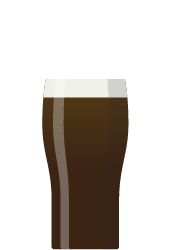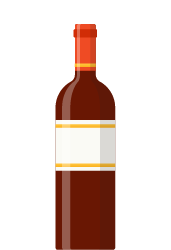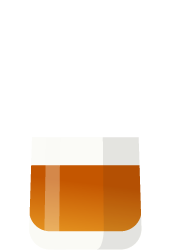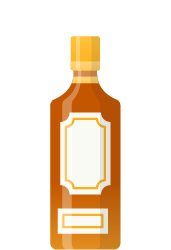Irish consumers pay 11 times more excise duty on beer than Germans – and 80 times more excise on wine than French
- Excise duty on alcohol far in excess of most of European Union
- 15 EU countries pay zero excise tax on wine – compared to Irish rate of 80 cent per glass
- Taxes make up 27% to 29% of every drink sold in pub or restaurant – and almost two-thirds (63%) of a bottle of whiskey sold in off-licence
- DIGI calls for 10% excise reduction in upcoming Budget
Irish consumers are being forced to pay far more excise duty on alcohol than the vast majority of their European peers despite consumption rates here falling to average EU levels, new research has found.
The research shows that overall excise duty on beer, wine and spirits in Ireland is the second highest in EU and UK, with only Finnish customers paying more. Broken down by drinks category, Ireland has the second highest excise tax on wine, the third highest on beer and the third highest on spirits.
By way of example, a pint of beer in Ireland is levied with an excise rate of 55 cent, compared to just five cent in Germany. Similarly, a glass of wine in Ireland incurs excise of 80 cent compared to just one cent in France, while 15 EU countries pay no excise on wine whatsoever.
On a bottle of whiskey, excise duty is over four times higher in Ireland than in Spain, with Irish consumers paying almost €12 compared to their Spanish counterparts who pay only €2.69 in tax. This is a difference of €9.23, even though the whiskey is produced here in Ireland.
The steep rate of excise is separate to the VAT that is also applied on alcohol purchases, meaning the Government takes a combined total of between 27% to 29% of the price of every drink sold in a pub or restaurant. The Government’s tax take is even higher for off-licence sales, with excise and VAT accounting for 63% of the cost of a bottle of a €27 bottle of whiskey and 48% of the price of a bottle of an €11 bottle of wine.
The research was compiled by DCU economist Anthony Foley and commissioned by the Drinks Industry Group of Ireland (DIGI), which said the high rate of tax is hard to justify given that average consumption of alcohol per adult in Ireland has fallen by more than one third (34.3%) since 2001 and now stands at the EU average.
DIGI also warned that high tax rates are putting significant strain on the indigenous drinks sector at a time when more than 100 pubs are closing every year and drinks producers are grappling with steep new tariffs on exports into the American market.
It has called for the Government to reduce excise by 10 per cent in the upcoming Budget in order to offer the sector some relief from the very high cost of doing business in Ireland and to allow it to compete on a more level playing field with its European competitors.
Associate Professor Emeritus, DCU, Anthony Foley said:
“The figures continue to highlight that Ireland maintains very high alcohol excise rates compared to most of the EU, placing a particularly heavy tax burden on both the Irish drinks sector and consumers relative to other member states. When the different drinks categories of beer, wine and spirits are measured together, Ireland ranks second highest across the EU and UK, with only Finland applying higher average rates. In terms of the top four, excise rates in Finland, Ireland, the UK and Sweden are substantially higher than the rest of Europe.”
Secretary of DIGI, Donall O’Keeffe, said:
“We’ve known some time that excise rates in Ireland are significantly higher than the rest of Europe but this has become increasingly hard to understand given that alcohol consumption in Ireland is now at average EU levels and the fact that the industry here is known to be under intense cost pressure.
“More than 2,100 pubs – most of them small, family businesses – have closed since 2005 and it’s predicted that a further 600-1,000 could close over the next decade unless the Government takes action to reduce the excessive costs imposed on pubs.
“These pubs are at the heart of their communities – they are the social and economic hub of many areas and act as a draw for tourists into Ireland, yet we are imposing punishing rates of tax that makes it nearly impossible for them to survive. That is why we’re urging the Government to cut excise by 10% in the upcoming Budget in order to offer these family businesses a chance of survival into the next decade.”
The DIGI secretary added that the Irish Government needs to look at how other governments across Europe value their local drinks industries by not imposing punitive rates of tax on them.
“The French government understands the importance of its wine industry which is reflected in the lower rate of excise it applies on it – it’s a similar story with Germany and its famous beer industry. The Irish pub and many of our drinks are also famous around the world and yet they attract punitive rates of tax. Given the changing circumstances in international trade, it’s time for the Government to reflect on this.”
ENDS





